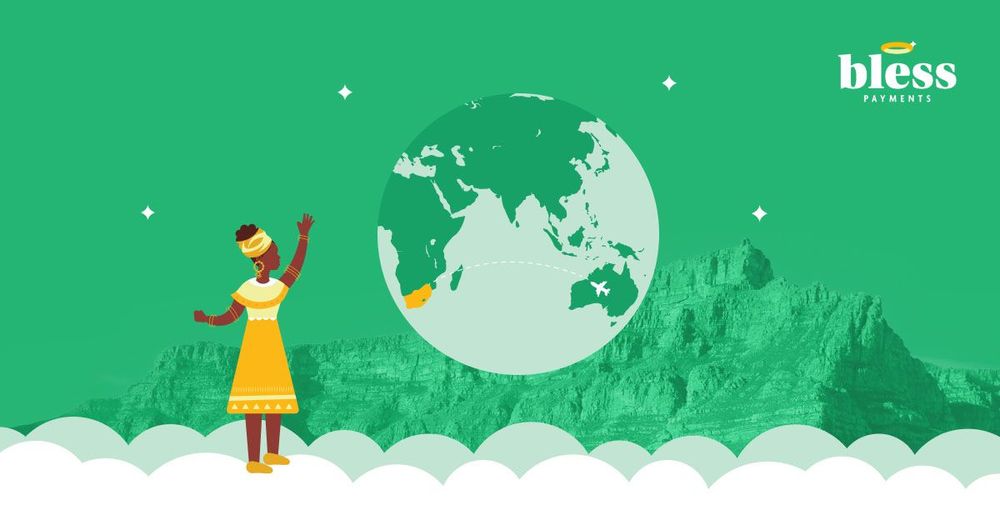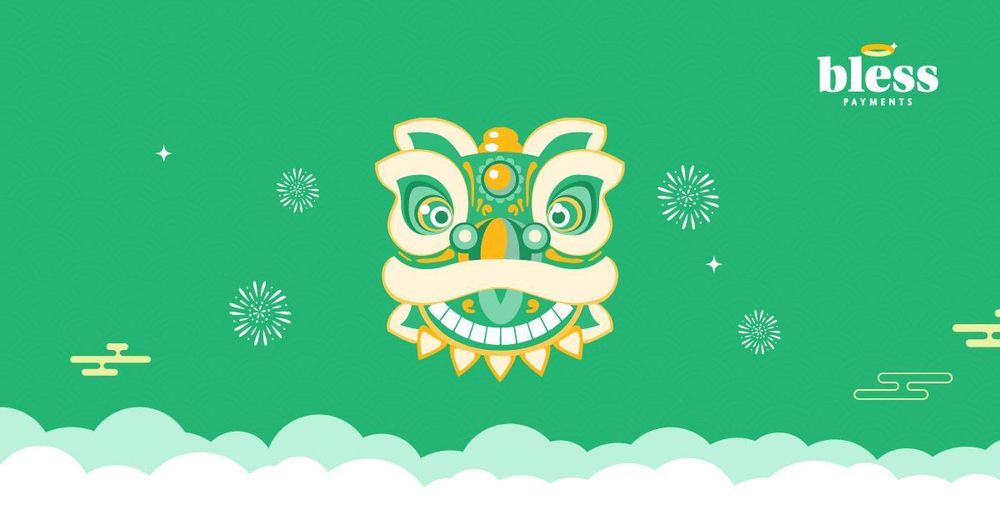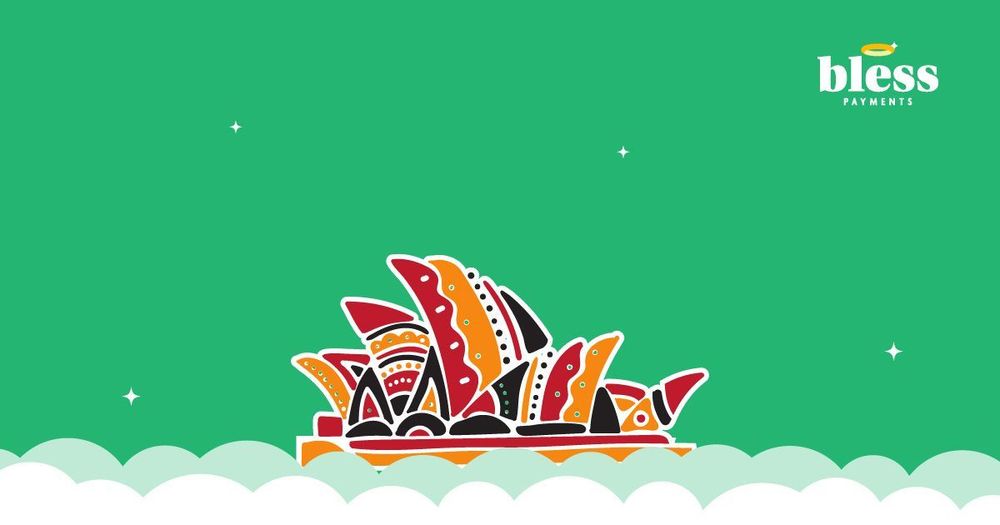
Mo Zaatar
•16 May 2024
•10 min read
Zimbabwean Migrants In Australia: A Story Of Mutual Success

In Zimbabwe, a Christian-majority nation, blessings, or “chikomborero” in the Shona language, are core to the cultural identity.
Blessings, in this context, are often seen as divine favour or protection granted by God. They are sought for various aspects of life, including health, prosperity, and success.
The concept of blessings also extends to the naming of children. Chikomborero is a common name for both boys and girls in the country.
Beyond the religious connotations, blessings are a core to the Zimbabwean social hierarchy as well. Elders, who are seen as the custodians of blessings, play a crucial role in society. They are often sought for their wisdom, guidance, and blessings during important life events and ceremonies.
Zimbabwean migrants have a relatively short history of contributing to Australia and blessing us with their culture and ideas, but the impact that they have already had to the fabric of the country is significant, and there are now 35,000 Zimbabwean-born migrants living in Australia.
The history of Zimbabwean migrants in Australia
Migration from Zimbabwe to Australia started in the 1970s, though at a slow rate, and, for the most part, it was white Zimbabweans who made the move.
Things rapidly accelerated between 2001 and 2006, and the number of Zimbabwe-born children in Australia almost doubled, becoming the second most numerous birthplace group from sub-Saharan Africa.
Since then, the stream of migrants from Zimbabwe to Australia has been steadily increasing, and while the ethnic background was originally Caucasian, now all ethnic groups are represented across the Zimbabwean-Australian population.
Seeking a new opportunity in a new home
One of the stand-out features of the Zimbabwean-Australian community is just how highly educated they are. More than three-quarters (77.7%) of Zimbabweans living in Australia have some kind of tertiary education, which is significantly higher than the national average.
Additionally, 98.4% of Zimbabwean Australians speak English fluently, and the population is dispersed across the country, rather than concentrated in any particular area. Zimbabweans also do “very well” in the labour market, and both men and women tend to hold professional careers. Indeed, the Zimbabwean community is so well integrated into the broader Australian community that it is often held up as one of the most successful examples of a “model minority” community in the country. Zimbabweans maintain pride in their background and identity, but also have frictionless participation in broader Australian culture.
Experience Zimbabwean culture in Australia
For Australians who are looking to experience Zimbabwean culture, one of the highlights of the calendar is the African Music and Cultural Festival, which has been running for ten years and takes place in Melbourne.
This three-day event has it all – music, food, fashion, film, dance, art and culture. While it’s not exclusively focused on Zimbabwean culture, they are a major part of the mix, and generally, this festival is an excellent opportunity to experience the breadth and diversity of Africa in Australia.
The Zimbabwean community's ability to maintain pride in its heritage while actively participating in the broader Australian culture serves as a testament to the harmonious coexistence and mutual enrichment of diverse cultural backgrounds within Australia.
Prominent Zimbabweans in Australia
With such a highly educated and professional population, Zimbabweans have blessed Australia in many ways, across all fields, from sports to politics, academics to the arts. Just some of the prominent Zimbabweans that call Australia home include:
Tame Impala (Kevin Parker) – Kevin Richard Parker, known as Tame Impala, was born on January 20, 1986, in Sydney, Australia, to a Zimbabwean father and a South African mother. He is an Australian singer, songwriter, musician, record producer, and DJ, best known for his musical project Tame Impala, for which he writes, performs, records, and produces the music. In addition to creating a memorable theme song for the Dungeons & Dragons film, Parker has won 13 ARIA Music awards, two APRA awards, and four Grammy Award nominations.
David Pocock – One of the most well-respected independent politicians in Australia, Pocock and his family migrated to Australia when he was young. He soon found a talent for Rugby and eventually led the Australian Rugby team. On retirement, he was briefly a conservationist, before tackling the challenge of a political career.
Sara Zwangobani – Sara Zwangobani is an Australian actor who rose to prominence portraying Marigold Brandyfoot in Amazon Prime Video’s The Lord of the Rings: The Rings of Power in 2022. She has also appeared in Australian TV and film in Love My Way and Monarch Cove (2006), All Saints (2005 & 2009), Nightmares & Dreamscapes: From the Stories of Stephen King (2006), Disgrace (2008), Packed to the Rafters ’’ (2009), Soul Mates (2014), Home and Away and Doctor Doctor (2019).
Elizabeth Haran – Elizabeth Haran was born in 1954 in Bulawayo, Zimbabwe (then Rhodesia), and migrated to Australia as a child. She began writing in her thirties, after the birth of her second son. She is known for her historical fiction novels. She has been prolific, publishing 17 novels since 2001. Interestingly, Haran’s books were, at first, published in German before English (because English publishers initially rejected the books), and she is particularly popular in Germany.
Henry Olonga – Henry Khaaba Olonga, born on July 3, 1976, is a Zimbabwean former cricketer and later, in a dramatic shift in careers, became an opera singer. As a cricketer, he was notable for having played both Test and One Day International (ODI) cricket as a bowler for Zimbabwe – the first black African to make the team. His international career came to an end in 2003 after Olonga and teammate Andy Flower wore black armbands during an international cricket match in the 2003 Cricket World Cup to “mourn the death of democracy” in Zimbabwe. The resulting controversy caused him to flee Zimbabwe, and after spending some time in the UK, he has now made Australia his home.
Rob Adams – Robert John Adams, born in 1948, is an architect and urban designer, currently working part-time as City Architect and previously as the Director of City Design at the City of Melbourne, Australia. He won multiple awards as the leader of the revitalisation of the Melbourne central business district and surrounds, helping to create a vibrant city streetscape with innovative design features.
Tkay Maidza – Takudzwa Victoria Rosa “Tkay” Maidza is a Zimbabwean-born Australian singer-songwriter and rapper who is famous for her 2014 songs “U-huh” and “Switch Lanes,” as well as for her 2015 collaboration on “DKLA” with Troye Sivan. Since her debut EP’s release in October 2014, she has been successful in the Australian hip hop industry.
Panashe Madanha - Panashe Madanha is an Australian professional footballer who plays as a winger for Adelaide United. He made his professional debut in an Australia Cup Round of 32 match against Newcastle Jets on July 30, 2022, and is notable because he is the first Zimbabwe-born player to feature in the A-League. It would seem, that he has a bright future in front of him too, because he is already a feature in the national youth team.
This is just a small selection of the notable Zimbabweans that have blessed Australia with their skills and talents. Australia has truly been fortunate for the robust and open policy towards immigration from the country over the past 50 or so years.
2032 views
Recent Posts
See All



